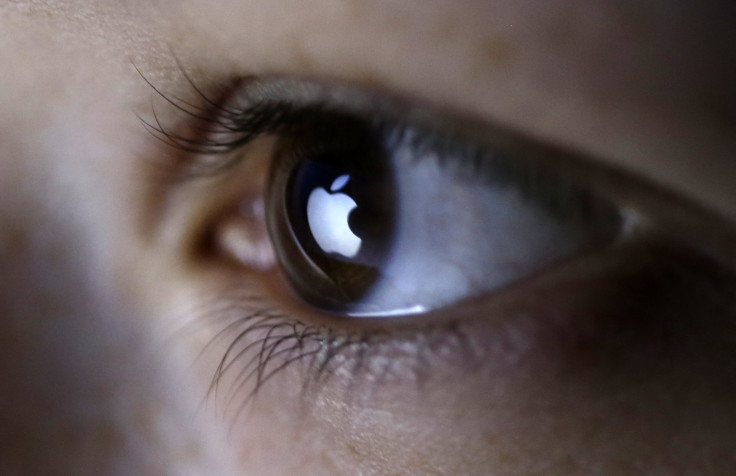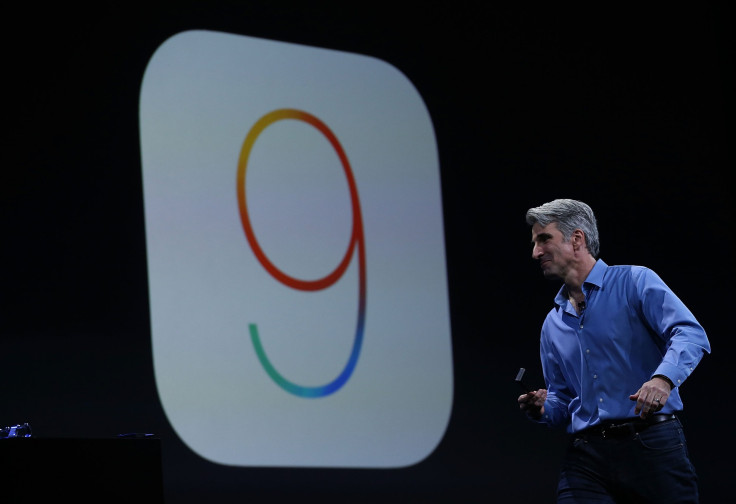iOS 9 Will Enable Ad Blocking On iPhone's Safari Browser; Will Apple Face Backlash From Publishers?

Apple's iOS 9 is coming this fall. With it, the company officially will support content blocking through extensions to the Safari Web browser. Consumers will be free to hide ads on their phones, reducing their data usage and making the mobile Web faster. Sounds great, right?
Maybe for the user. But the move could put Apple at odds with Madison Avenue at a time when the iPhone-maker is rolling out numerous ad-supported services. It also represents a bet by Apple it can continue to pull in fat margins on hardware products like the iPhone even as smartphone sales slow, and continue to be less dependent on ad revenue than rival Google.
"I suspect we'll see the industry adjust to try to circumvent ad-blocking technology," said Andrew Frank, analyst at Gartner. "It'll be a game of cat and mouse."
There are several things that advertisers can do to counteract the effects of ad blockers. Frank said there are ways to hide the source of an ad, circumventing blacklists. Publishers can also embed the content on their servers, rather than hosting it elsewhere. The way most ad blockers work is through a blacklist system. Advertisements are typically embedded into a publisher's webpage.
Ad blockers usually run as browser extensions, and tell the browser to skip loading content from sites it identifies as coming from servers that supply advertisements. Ads usually pay out either for every thousand impressions, where a publisher gets paid however many times the advertisement is seen, or for every time a user clicks on an ad.
If an ad is never seen, it never gets viewed or clicked.

Ad blocking is rife. A September 2014 report from PageFair and Adobe places the number of ad-block users around 144 million worldwide. The report specifically points to Google Chrome as a driver of growth: year-on-year, ad blockers grew by 70 percent, but the ease at which ad blockers can be installed on Chrome led to a 96 percent increase, to 86 million users. With more than 1 billion iOS devices out there, Chrome might only be the starting point.
Susan Bidel, an analyst at Forrester, said when ads are blocked, the publishers who serve the ads get hurt as they miss out on revenue while the marketers who want to reach consumers get hurt as they aren't able to do so anymore. Ultimately, publishers may be forced to pare content if they can't pay for it. "Consumers that expect to get everything for free are unrealistic," she said.
Eric Franchi, co-founder of digital advertising company Undertone, noted the rise of ad blockers is a sign the relationship between creators and consumers is on the rocks: People don't understand the value exchange taking place when they visit a website. "Consumers don’t realize that advertising funds the content that they enjoy for free," Franchi said.
Some content providers have sought to stem the effects of ad blockers by playing nice with the developers. Version 2.0 of Adblock Plus introduces the whitelist, a system whereby content providers can add their sites to a list for which the software will allow ads. "By doing this you support websites that rely on advertising but choose to do it in a nonintrusive way," the product's FAQ reads. A February report from Ars Technica said there are more than 300 white-listed sites, around 10 percent of which have paid for inclusion.
For now, according to Franchi, ad blockers have a minimal impact on bottom lines. But the demographics of those who do use the software tend to skew toward young people on tech and gaming sites. These can be the sites most affected by ad blocking.
Ad blockers are not foolproof. There are ways to get around the tech, and a proliferation of ad blockers does not necessarily mean the overnight collapse of the industry.
© Copyright IBTimes 2024. All rights reserved.












